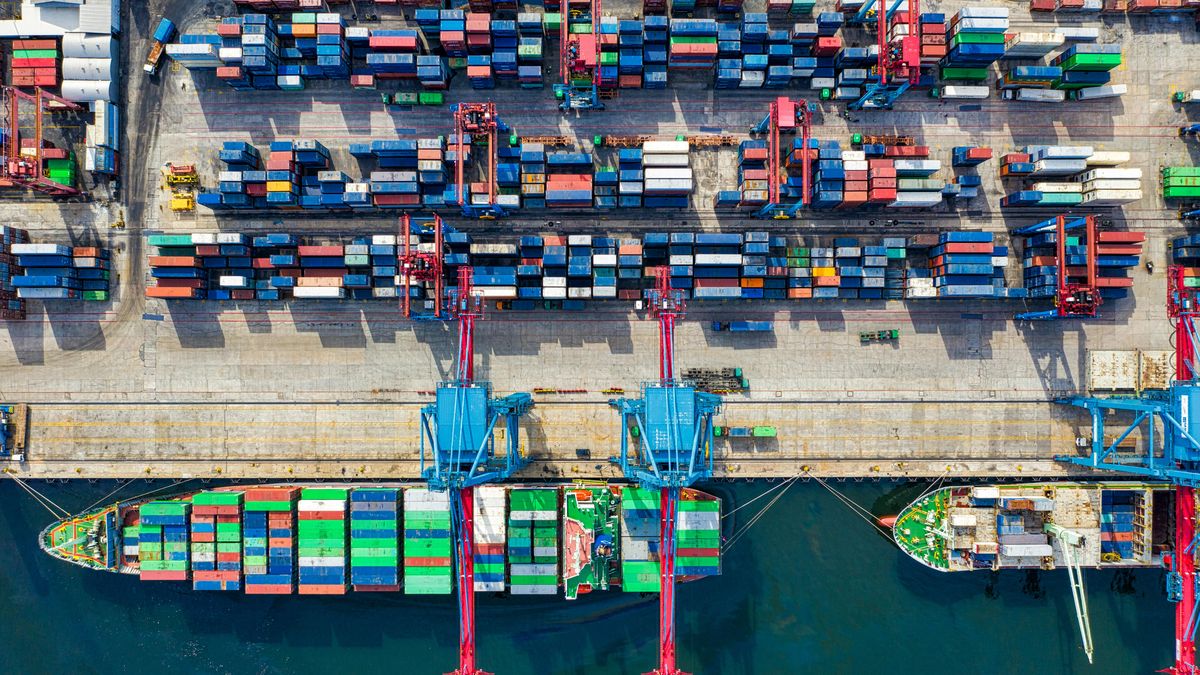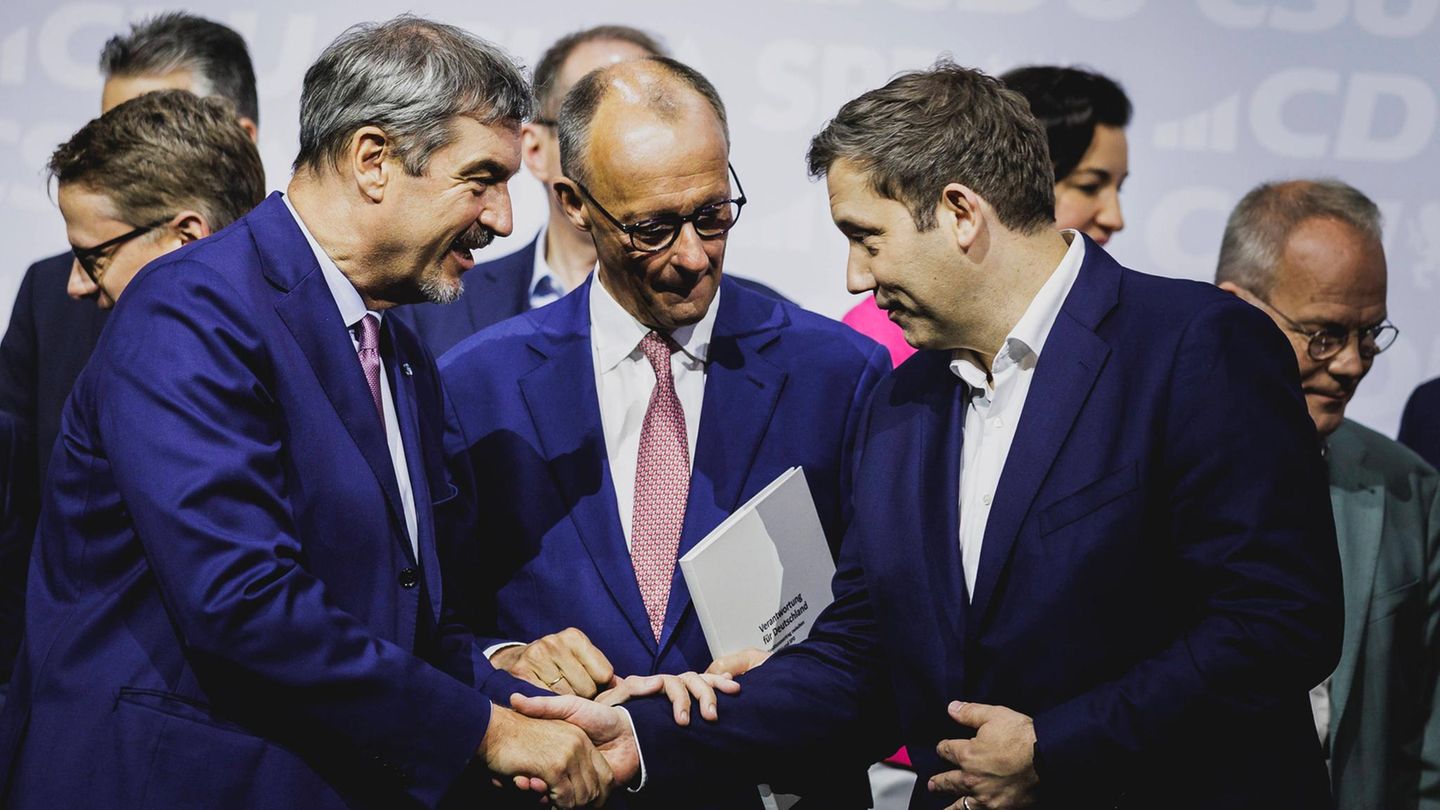The Chinese market in the Uruguayan exports of meat has been on the decline for some time and, this time, it was surpassed by USA and Canada which dethroned the Asian giant with a 108% increase, amid a general rise in foreign placements that is approaching 16% year-on-year.
Exported meat volumes grew by 22% in June, driven by increased demand for USA and Canada. The year-on-year jump in the US market thus increased from 23% to 37%, according to data published by the National Meat Institute (INAC).
In this way, meat exports totaled 180.4 million dollars, which represented a year-on-year increase of 16%, as well as an increase in the exported volume, going from 36,482 tons in June of last year to 44,574 this year.
The United States is the main buyer of Uruguayan meat
Meanwhile, Chinese numbers continue to decline through a drop from 59% to 35% between June 2023 and this year. Although USA bought almost the same volume as China (15,672 tons the first and 15,651 tons the second), the difference was due to the value of the ton where the Asian giant pays 3,245 dollars and the North American country 4,262 dollars.
The US market thus represented an amount of 66.7 million dollars compared to 50.9 for the Chinese market. In third place was the European Union with 22.7 million dollars. Meanwhile, the demand from the North American country represented a monthly increase of 108% and in the European Union an increase of 75%, while China lowered its own by 27%.
For its part, other markets such as Israel quadrupled their purchases from 466 to 2,223 tons. At the same time, the demand for Japan by 86%, exceeding 1,200 tons in June, representing an accumulation of 5,066 tons in the first half of the year, 27% more than last year.
Meanwhile, Russia also increased its purchases from Uruguay by 6% monthly, with a total of 2,619 tons, achieving an annual accumulation of 9 thousand tons.
The influence of Chinese reality
Although the government managed to add different products to sales towards China, such as horse meat and bovine stomachs, The stagnation of the economy in the Asian giant is the main factor slowing down trade.
Therefore, the 0.3% year-on-year increase in the inflation in May in the country he presides over Xi Jinping, which has been rising for 4 months, could imply signs of recovery, after a period of deflation.
However, analysts agree that the boost to demand must be even greater to accelerate improvements after the economic effects generated by the pandemic. Thus, the accumulated stock and a lower demand, due to the fact that the budgetary efforts were directed to boosting the Internal market, contributed to a cooling in purchases Uruguay.
In this context, the increase in purchases of beef, that has to Brazil As a major supplier, this could be good news if operations between the country and the Asian giant become more dynamic again.
Source: Ambito




